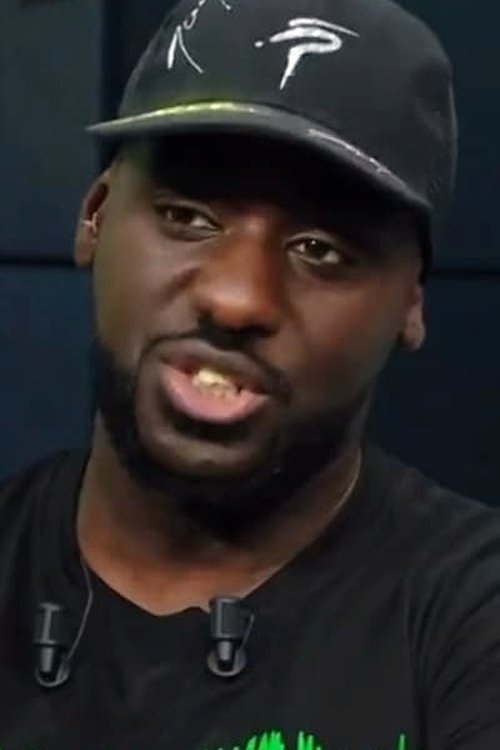Youssef Soukouna (born 20 April 1981 in Goutte d'Or, Paris), better known by his stage name Sefyu (his first name in verlan), is a French rapper of Senegalese descent. He comes from Aulnay-sous-Bois, a city in the French department of Seine-Saint-Denis of which is located within the northern suburbs of Paris. Sefyu originally aspired to become a professional soccer player, but his dream was derailed after he sustained an injury whilst playing for English club Arsenal. He emerged upon the hip-hop scene in the early 2000s to commercial and critical acclaim.
Born in Paris, Sefyu played football for a great deal of time in the role of a left-winger. He went on to England to feature for London club Arsenal where he got an injury which eventually ended his playing days. As so he then changed his focus towards a career in hip hop.
A member of the crews “NCC” (Natural Court Circuit –“ Natural Short Circuit”) and “G-Huit”, he started his ascent to fame by rapping with Rohff on his album La Fierté des nôtres, released in June 2004.
He has worked with a vast array of French rappers, including Moystaff du Bengale, Nemesis, Ritmo, La K-Bine crew, Passi, Sniper and Daddy Lord C. He performed publicly in 2001 at the Francofolies de la Rochelle.
In 2005, he released an EP entitled Molotov 4, which was produced by Kore et Skalp. In April 2006, Sefyu released his first album, titled Qui Suis-je?. Sefyu's style of rap is characterised by a few features: a deep, husky voice, and a range of unique phrases. These include Crrr!, an onomatopoeia imitating the sound of a gun being cocked and Crouille, French slang for riffraff or undercover. Some of his songs belong to the hardcore hip-hop genre such as “La vie qui va avec”, whereas others are inspired by R’n’B music like that of “Un point c’est tout”.
His 2007 song “”Lettre du Front” was released on R&B singer Kenza Farah's album Authentik. Authentik was released in the same year and as well garnered gold status.
On May 12, 2008, Sefyu released his second album, Suis-je le gardien de mon frère? Prior to its release, Sefyu made public the acclaimed singles “Mon Public”, “Molotov 4” and “Au pays du zahef” which contributed to the album's commercial success. According to Planète Rap Magazine, 106,453 copies of Sefyu's second LP were sold in France in 2008. Suis-je le gardien de mon frère? was eventually certified gold. On March 1, 2009, Sefyu went on to win the Victoire de la Musique Award, in the category “Revelation of the year”.
Sefyu seldom shows his face, and often hides it by wearing a hoody or covering it with his fist, a ski mask, or his fitted hat. The reason for this is twofold, firstly out of respect for those struggling to be noticed within the music industry as well so that persons would comprehend that one's image is of little note within such altogether.
Source: Article "Sefyu" from Wikipedia in English, licensed under CC-BY-SA 3.0.
More »
